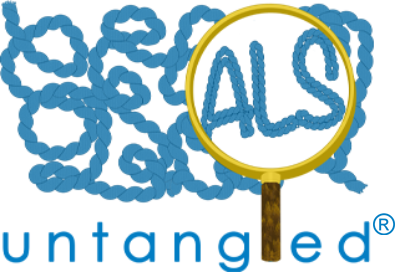Acetyl-L-Carnitine
There are good theoretical mechanisms for carnitines, some preclinical evidence for LC and ALCAR, and a single clinical trial that suggested ALCAR could slow disease progression in PALS. All three carnitines appear to be well-tolerated, generally safe, and inexpensive. We believe that there is a need for future clinical trials of carnitines in PALS to […]
L-Carnitine
There are good theoretical mechanisms for carnitines, some preclinical evidence forLC and ALCAR, and a single clinical trial that suggested ALCAR could slow disease progression in PALS. All three carnitines appear to be well-tolerated, generally safe, and inexpensive. We believe that there is a need for future clinical trials of carnitines in PALS to further […]
Glutathione
As an ALS treatment, glutathione and cysteine-containing supplements that increase glutathione appear reasonably safe, and they have a plausible mechanism, positive preclinical data and 2 interesting case reports. Unfortunately small clinical trials of glutathione itself and of acetylcysteine showed no significant benefit. Given these negative clinical trials, we do not advise PALS to take glutathione […]
Acuscope
Acuscope appears reasonably safe, but it is not clear that it has a mechanism of action that would be useful to PALS. One person with PLS experienced slightly slower ALSFRS-R measurements while using Acuscope than she did before starting it, but a PALS had slightly faster ALSFRS-R progression during treatment. Since the natural history of […]
Protandim
Protandim appears reasonably safe and inexpensive, has a promising mechanism by which it could help ALS, and there is a patient with a validated ALS diagnosis whose ALSFRS-R score improved on it. There are significant problems with the data described, including small study sample sizes, failure to demonstrate that Protandim increases Nrf2 in humans, failure […]
Methylcobalamin
MeCbl has promising mechanisms and positive preclinical data from two different ALS models. Unfortunately, the anecdotal data we found did not identify any clear specific benefit, and the best of three clinical trials was unable to show an overall difference in ALSFRS-R progression or survival between PALS treated with MeCbl and those treated with placebo […]
TUDCA
Ursodiol has interesting mechanisms of action, appears reasonably safe and well-tolerated, has anecdotal reports of benefit in 6/21 of patients who report taking it, and a form of it (Yoo’s solution) was associated with slightly slower ALS progression in one out of three outcome measures within a poorly designed study that did not account for […]
Vitamin D
At this time, there is evidence that PALS, like those with other chronic illnesses, are at increased risk for vitamin D deficiency. It is, therefore, reasonable to screen PALS for this. If vitamin D deficiency is found, it seems reasonable to supplement vitamin D according to established guidelines (31) in order to avoid medical complications […]
